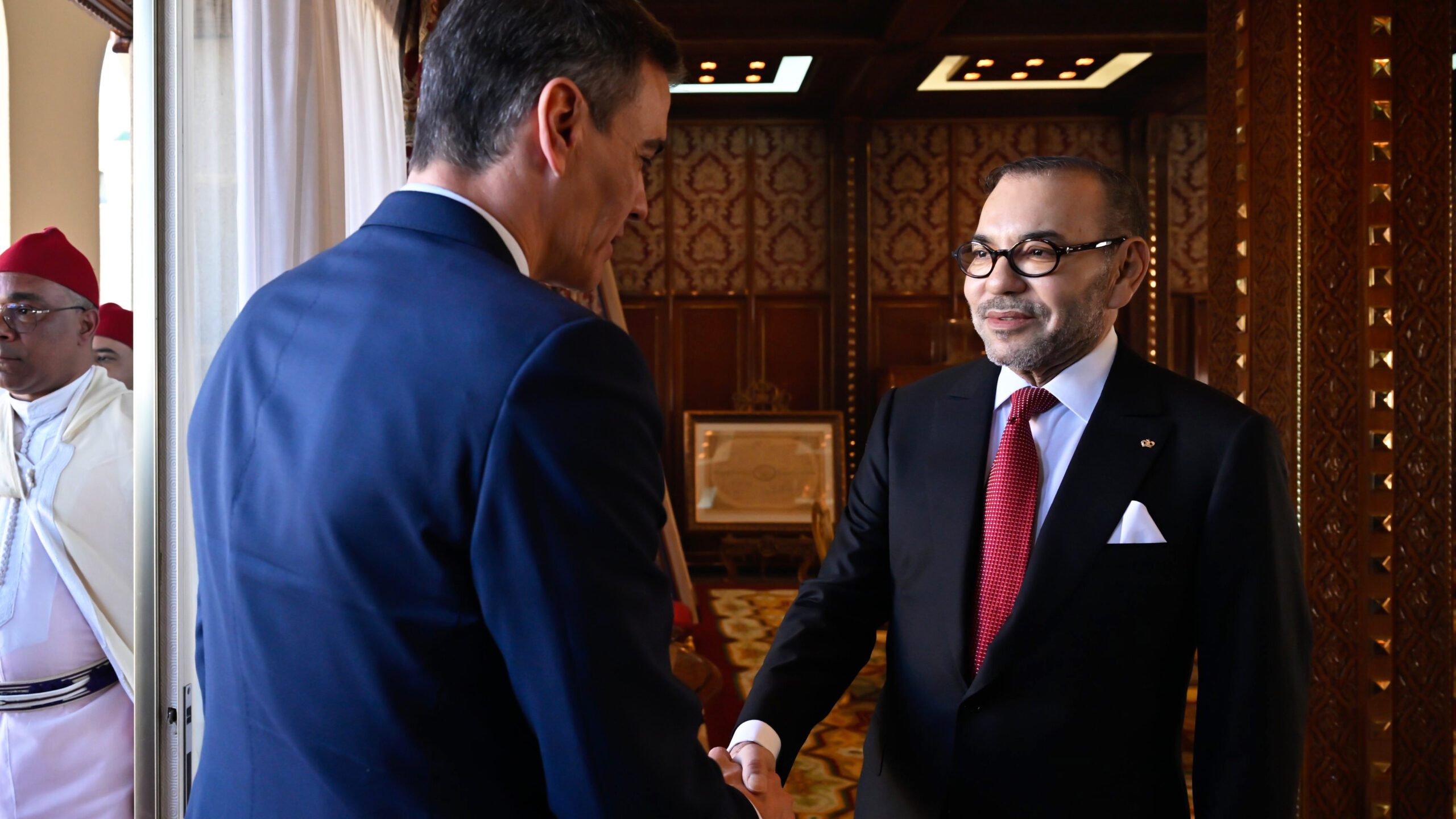 Morocco has made a major stride forward for the rights of women with the new law passed by the Parliament, criminalizing harassment, aggression, sexual exploitation of women or their ill-treatment.
Morocco has made a major stride forward for the rights of women with the new law passed by the Parliament, criminalizing harassment, aggression, sexual exploitation of women or their ill-treatment.
Drafted five years ago, the text was adopted with a majority vote of 112, against 55 and one abstention. It provides for harsher penalties for violence against women, including up to a year in prison for those who force a woman to marry, and up to six months in prison for sexual harassment, including via written, telephonic, or electronic means.
Women’s rights groups said the law did not go far enough. It “makes no mention of the problem of marital rape”, said a Moroccan association, which campaigns for the protection of women.
According to a survey carried out by Morocco’s High Commissioner for Planning, over 40 percent of women living in towns (aged between 18 and 64) had been “victim of an act of violence at least once”.
For its part, the National Observatory on Violence against Women has unveiled alarming findings on gender-based violence in Morocco, saying that 73 percent of Moroccan women have suffered from sexual harassment and verbal assaults in public spaces.
Further findings show that one in three women in Morocco are victim of physical violence, one in four suffer sexual violence, and one in two undergo psychological violence. Women and their civil society representatives pressured their MPs to act, pushing the law to protect against violence.
Last August, a video posted on the internet showed a young woman being sexually molested in a bus by a group of boys with no one stepping in to stop the aggression. This incident provoked uproar among rights advocates, urging tougher laws against abusers, harassment or ill-treatment of women in public places.
In recent years, Morocco has taken substantial steps to establish gender parity in constitutional, family, and criminal law. Feminist civil society and non-governmental organizations, composed mainly of educated, urban women, have been at the forefront of organizing and lobbying in favor of these reforms.
The 2011 Constitution guarantees equal protection and enjoyment of its laws for both men and women. The country’s progressive Family Law (Moudawana) secured important rights for Moroccan women, including the right to self-guardianship, the right to divorce, and the right to child custody.
The legal marriage age changed from 15 to 18, and women are no longer required to have a male guardian approve their marriage. The criminal code has repealed the rape marriage law, which allowed a rapist to evade punishment by marrying his victim.


